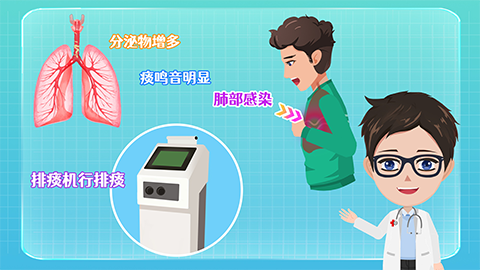Is it harmful to swallow phlegm when coughing?
Under normal circumstances, occasionally swallowing a small amount of phlegm does not cause significant harm to healthy individuals. However, if phlegm increases abnormally in volume, changes color, or is accompanied by other discomforts, it should not be swallowed. Detailed analysis is as follows:

Phlegm is secreted by the respiratory mucosa. In healthy conditions, the amount is small and its composition is simple. Once swallowed, it enters the digestive tract where it is broken down by gastric acid and does not impose a burden on the body. In such cases, there is no need to deliberately avoid swallowing phlegm.
When there is a respiratory infection or pathological change, phlegm may contain large numbers of bacteria, viruses, or inflammatory secretions. Swallowing such phlegm increases the risk of gastrointestinal infection, and could lead to the spread of pathogens. This is especially dangerous for individuals with weakened immune systems. In these cases, phlegm should not be swallowed.
In daily life, pay attention to changes in the characteristics of phlegm. If you notice yellow or green discoloration, blood-tinged sputum, or accompanying symptoms such as fever or chest pain, seek medical evaluation promptly.








